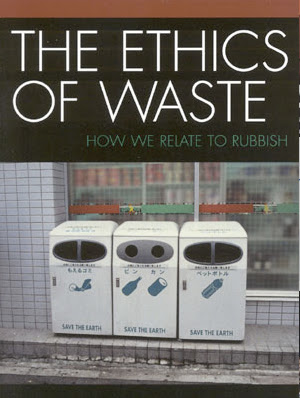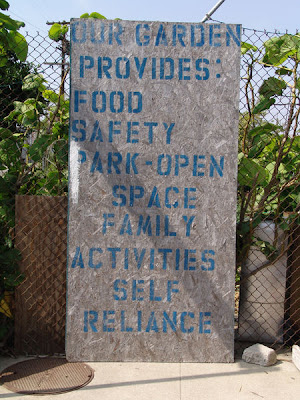Episode 8 Air Handling & Social Systems - The Stardust Center for Affordable Homes and the Family

![]() Today we welcome Ernesto Fonseca to the program. He is an architect and energy consultant with the The Stardust Center for Affordable Homes and the Family, a project initiated by Arizona State University which seeks to promote housing that is affordable, dignified and environmentally and culturally responsive. Ernesto has been integral in the design, build and monitoring of the two homes created by the Stardust Center, the Nageezi House and the Guadalupe House. Both of these homes demonstrate the importance of a whole systems approach to the design of conscientious housing. Today, we are going to look at two systems that are especially important in these homes -- the air handling system and the social system. Air handling is how clean, healthy air moves through the home, providing ventilation, heating and cooling. The social system considers how a home allows for social interaction both within it and outside of it as it connects to the surrounding community. Both air and social interaction are essential, both are life-giving and when they are part of the design of the home, they allow for the inhabitants to be healthier, happier and more connected.
Today we welcome Ernesto Fonseca to the program. He is an architect and energy consultant with the The Stardust Center for Affordable Homes and the Family, a project initiated by Arizona State University which seeks to promote housing that is affordable, dignified and environmentally and culturally responsive. Ernesto has been integral in the design, build and monitoring of the two homes created by the Stardust Center, the Nageezi House and the Guadalupe House. Both of these homes demonstrate the importance of a whole systems approach to the design of conscientious housing. Today, we are going to look at two systems that are especially important in these homes -- the air handling system and the social system. Air handling is how clean, healthy air moves through the home, providing ventilation, heating and cooling. The social system considers how a home allows for social interaction both within it and outside of it as it connects to the surrounding community. Both air and social interaction are essential, both are life-giving and when they are part of the design of the home, they allow for the inhabitants to be healthier, happier and more connected.
To learn more about The Stardust Center for Affordable Homes and the Family and the Nageezi and Guadalupe homes, check out the following links.
http://www.asu.edu/stardust/
http://www.gallupindependent.com/2005/august/080905home.html
http://researchmag.asu.edu/2007/04/building_dreams.html
The two songs used in today's program are both about air -- our connection to the air we breathe and our connection to the people around us who share the same air. These songs were created by independent artists willing to share their music online for free. The artists can be found on garageband.com, a website promoting new and emerging independent musicians. Here are links to the artists:
Air Bubbles by Rewake
http://www.garageband.com/song?|pe1|S8LTM0LdsaSgZlW_YA
Air by Gertrude
http://www.garageband.com/song?|pe1|S8LTM0LdsaSgaFSzZg
Join us next week for another episode of World House Radio: Stories of Home.











